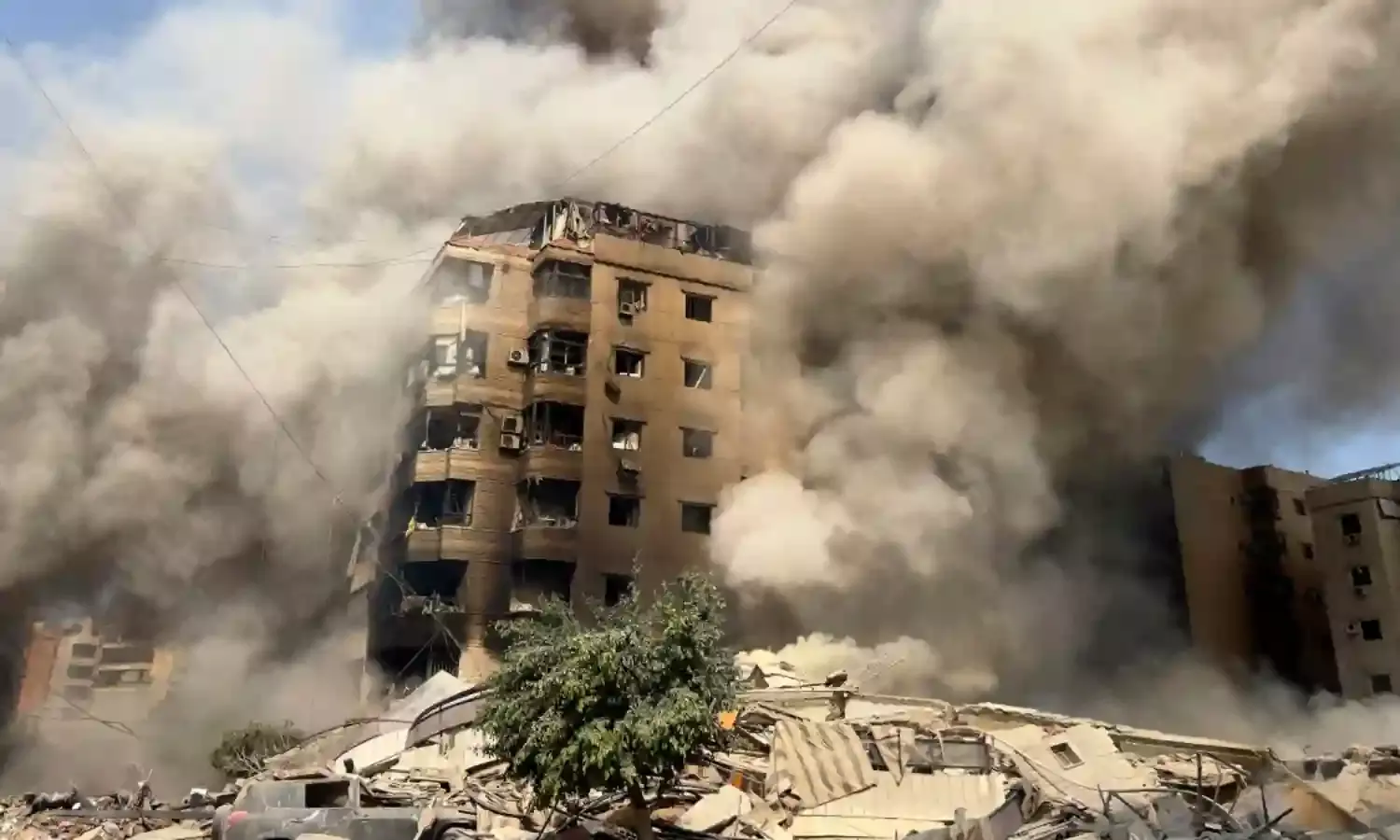The Palestine Issue Cannot Be Extinguished
Hezbollah leader Hassan Nasrallah assassinated

Nasrallah always expected to be killed and had often warned his organisation of this. Hezbollah emerged out of the ashes of the first Israeli attack and invasion of a sovereign West Asian country through the city of Beirut in 1982, and grew into a large, well knit organisation with support in and outside Lebanon. Nasrallah himself was a strategic expert and took the organisation to new heights in its resistance to Israel. He was extremely popular, well admired and respected, with his death creating the ‘shock and awe’ Israel had hoped for. News emerging from Lebanon indicates deep sorrow and a sense of helplessness and hopelessness as Hezbollah tries to pick up the pieces of a virtually dismantled outfit.
This is not going to be an easy task, although West Asian scholars and experts have been pointing towards a structural organisation that cannot be easily wiped out. Most expect a generational change in leadership now, that could be more dependent on ‘revenge’ than ‘strategy.’ It is true that assassinations have a strong but short lived impact, but often work as game changers altering the course of history. West Asia has had more than its share of such targeted killings, and while countries have been able to absorb some of the shock, the trajectory is often altered drastically. Nasrallah’s death might be one such assassination that the region will not recover from easily, with the Palestinians being killed by the day having lost a pillar of support. Iran too has been hit deeply, and despite strong words is aware that military reaction could well draw it into a trap with both Tel Aviv and Washington working together to close the hatch as it were.
The silence of the north is deafening, but definitely not more so than the silence of the Arab world. In 1982 Israel was urged by Washington to move out of Beirut not because of the civilian deaths, but because of the stern message sent by Saudi Arabia to cease and desist. This time around in 2024 the Arab world stands completely compromised, and except for the occasional speech and the meaningless OIC resolution, has taken no action at all to prevail. There is no unity between the disparate nations, no effort to recall envoys, no hint of resistance as Palestinians continue to die, and now Lebanon is attacked. Saudi Arabia has long since lost the plot as it were, and the Arab Gulf has little to say or do even as the heat of the war is felt across the land.
Israel and the US are working together. Netanyahu has the full support of Washington although some American experts are of the view that under a new government after the Presidential elections, he will be curtailed to some extent. It is being pointed out that Israel does not have a bigger champion than Joe Biden, the current American President, who has given Tel Aviv a carte blanche in Gaza and the region. And that despite his support for Israel, Donald Trump or Kamala Harris as President will not follow the Biden path on this issue and restrain Israel from continued war. At this stage, this appears to be wishful thinking.
The genocide in Gaza is unmatched in ferocity. The world will change after this prolonged bout of brazen violence ends — as end it will one day— and the embers will give rise to a new world order with Palestine again at the centre, determining global dynamics. In what -which way, however, remains the big question? Although several experts seem to be predicting the answers and most, regardless of the polarisation, agree that the Palestine issue cannot be extinguished without a resolution that brings humanity, justice and freedoms back to the people of the land.



